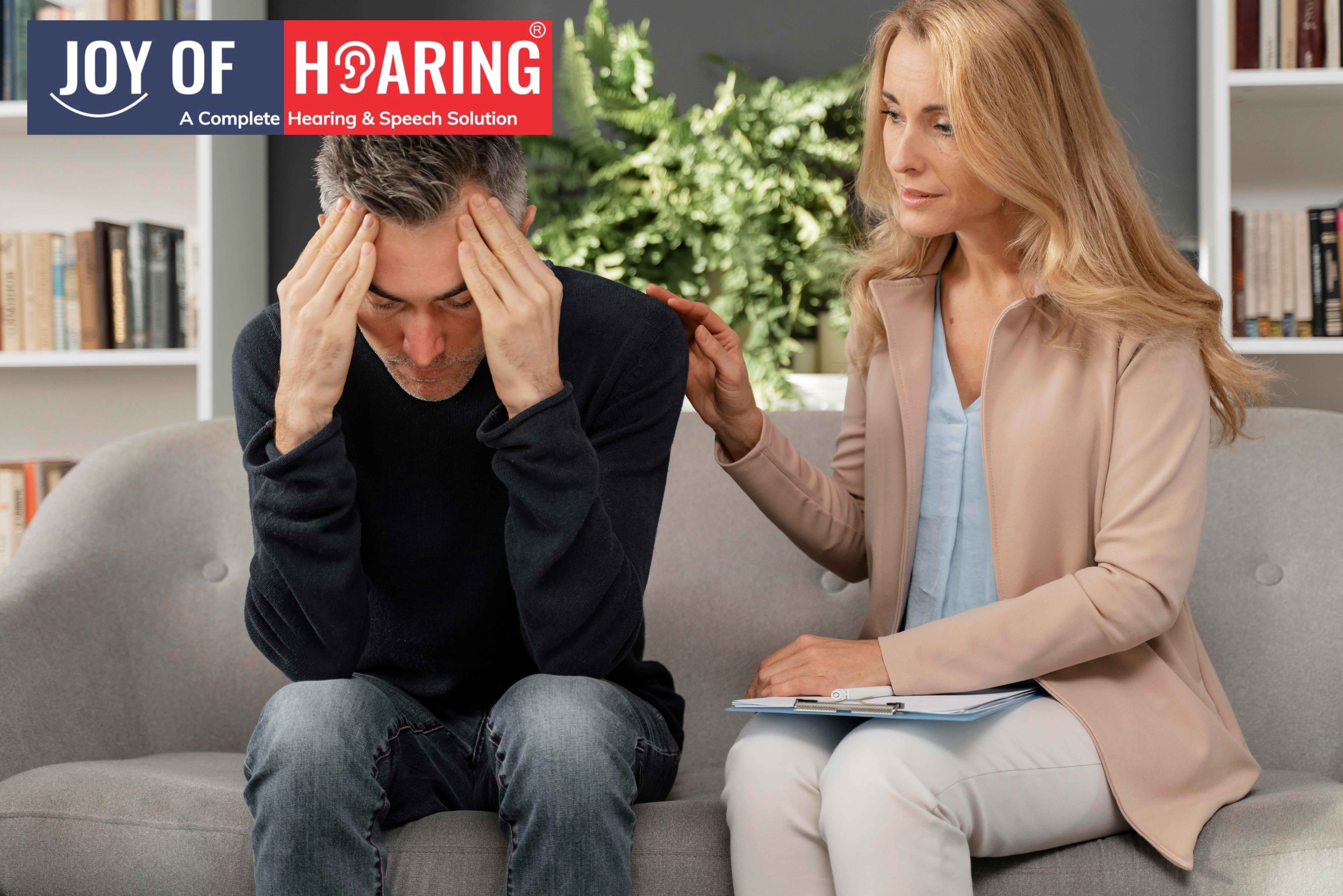
Living with a vestibular disorder isn't just about physical challenges—it's a journey that profoundly impacts emotional well-being. For many, anxiety and depression become unwelcome companions, complicating daily life and adding layers of difficulty. Understanding these struggles and discovering effective coping mechanisms are essential steps toward reclaiming stability and joy in life.
Unveiling the Emotional RollercoasterImagine feeling like you're constantly on a rocky boat, even on solid ground. Vestibular disorders disrupt your sense of balance and spatial orientation, causing symptoms like vertigo, dizziness, and a perpetual feeling of unsteadiness. These physical sensations often trigger a cascade of emotional responses, leading to anxiety about potential attacks, fear of falling, and frustration over limitations in daily activities. Over time, this chronic stress can pave the way for depression, draining motivation and joy from life's everyday moments.
Navigating the Depths: Recognizing Anxiety and DepressionRecognizing the signs of anxiety and depression within the context of vestibular disorders is crucial for effective management:
How Does VRT Work?In the midst of challenges, remember that you are not alone. Building a support network of loved ones, healthcare providers, and fellow warriors can provide encouragement, empathy, and practical assistance. Sharing your journey with others who understand can lighten the emotional load and foster a sense of belonging.
Charting a Course to WellnessWhile the journey may feel daunting at times, every step you take toward managing anxiety and depression is a victory. Embrace resilience, celebrate small achievements, and be patient with yourself. With determination, support, and a comprehensive approach to well-being, you can reclaim balance and joy in life, navigating the waves of vestibular disorders with courage and grace.